this piece is part of OPTIMISED LOVE, our first digital collection of works.
Alt Text: This image has been adapted from a gifset of a blonde woman, greenscreened, knife-wielding.
Do you see her? Is she moving? No? Fine. Then let me describe the man she loves. She loves this man as much as she fears him. She paces, hunts him out of necessity. He cannot see her, mobile, locked in this green room.
He who only makes love in his dreams. She asks for a solution of God, the machine, generating: The Scream, lost in its silence, The Creation of Adam, almost touching, Ivan the Terrible and His Son Ivan, together at last. Together at last they reunite, the lovers, in a red dream. She who does not know this is a dream, she thinks tentatively back to the circumstance of their reunion.
Sees nothing, hears nothing. The teleprompter is empty.
Now back to the green room. Her scream pierces through like a laser to heaven, traced from navel to knee. She alone beams out, wrapped in pixels of her artificial Eden.
Televised at midnight, she screams for he who will never wake, he who is still sleeping before her screen-scream on the settee.
I watched Bertrand Bonello’s La Bête (2023) on the plane back to Hong Kong from a birthday-Christmas sojourn with my grandparents in Kuala Lumpur, which solidified my return to the hypercapitalist wonderland that is the city I was born in. La Bête takes place in a futuristic Paris where artificial intelligence has taken over most jobs. Léa Seydoux plays Gabrielle Monnier, who by turns masquerades her placelessness as a pianist in 1910, a model/actress in 2014, and a disillusioned data core temperature reader in her current timeline, 2044. She, donning a gas mask, sweeps through near-empty Parisian streets where curious deer roam freely and other masked civilians walk silently by. Her only ‘companions’ are the disembodied (though vocally synthesised as female) AI, her nannybot, and a remote friend who successfully underwent the AI’s DNA purification procedure and now feels her emotions ‘serenely’ while blankly strangling her sick kitten to put it out of its misery. Gabrielle, fearing the culmination of some inexplicable event that would happen should she take on the ritual cleansing to rid herself of the trauma of her past lives, reluctantly allows herself to be subjected to it so she can get a better job.
In this world, artificial intelligence provides companionship and fulfilment. It acts as a well-meaning but overbearing parent, a benevolent disciplinarian- a true Montessori mother. When Gabrielle says that she is afraid, it coolly reassures her, crooning to her as she goes under- simultaneously exercising control and commodity under the guise of comfort. Even when the repeated attempts remain ineffective, and, in the end, fail to work entirely, it apologises and claims that she was a statistical anomaly– finding fault within the algorithm’s capability of ‘curing’ Gabrielle of her humanity, rather than with Gabrielle herself. It lulls us into the possibility that a machine-led future could be a soft one, with honeyed words distilled in cold ticks and whirrs. When Gabrielle first receives her nannybot, Kelly, she offers her the possibility of sex. Gabrielle declines, and, sensing her aversion to the artificial, Kelly later declares I want you. Kelly is the perfectly optimised partner for Gabrielle in the AI’s eyes, performative of humanity while inherently dispossessed of it. But no matter how bespoke, Gabrielle is disgusted nonetheless.
There are so many stories on-screen about men falling in love with robots; Blade Runner, Her, 2046. While there are also ones of women falling in love with robots, they tend to receive less mainstream recognition, and with one fundamental difference. Technologically constructed women serve as the ideal lover for men specifically because of their emptiness and their willingness to imprint. To them, a fembot world seems perfectly utopic; the fembot’s lack of biological matter permanently freezes her in purpose and time. La Bête’s AI sovereign knows this and sends its daughters out into the world in an attempt to prove that they can be the perfect lovers. They pay their dowries in the sheer force of utility. And even rejected, they continue to manipulate the playing field that lovers enter insensate.
Gabrielle wants to believe she can achieve this cyborg sublime, despite the premonitions. She wants to try. And the AI wants to help her in its own way, too. So she undergoes the DNA purification to see if she will be a better human, with all the serenity of a machine.
In two starkly contrasted past lives, she encounters Louis. There is no on-screen point of reference for a time before she has known Louis, and their opening reunion is at a busy soirée, after a brief but memorable first encounter in Naples during which she confessed her lifelong fear–analogous to Deleuze’s concept of the Event– that something terrible would happen should she ever enter any romantic entanglements. She married anyway, but the echo of her fear still resonates with Louis years later. Here we may think of the aftermath of fear inhabiting the body as a hollow vessel. Gabrielle’s fear grows large enough that it follows her as an echoed Other, a placeholder between her and the people she loves. She does learn in time to assimilate herself into the ordinary fears of an otherwise ordinary aristocratic life of the period, as she and Louis swan about together in the leadup to the Great Flood. But how do you learn to live with a totality so consuming that you refuse to surrender yourself to true pleasure?
In this first life, Gabrielle leaves her dollmaker husband for Louis. They both drown in the factory used to manufacture the dolls after a fire breaks out, and there is an aborted attempt to escape through a flooded passageway. If I don’t come back in a few minutes, start swimming towards me, Louis urges. She does and dies anyways. She, in her next life, dies by the 2014 Louis’s hand and floats suspended in sanguine pool water while he watches on. This second death is foreshadowed both by the resplendent Edwardian clairvoyant sought out by petite bourgeoisie Gabrielle and the bedraggled online fortune teller stumbled upon by SoCal struggling model Gabrielle, who each tell Gabrielle to beware a man who ‘only makes love in his dreams’. In each life they are drowning; whether by the weight of societal expectations, their own fears, or the over-encompassing Weird pull between them. Rather than learning to swim, they come to embrace their intertemporal doom together.
Louis’s incel incarnation in 2014 is a far cry from the gentlemanly painter he was in his previous life; he engages in ritualistic self-harm by uploading videos of himself that are projected to a pseudo-community of incels. He is far from the light of Eros, having never felt the touch of a woman. I only have sex in my dreams, he complains in his vlog-manifesto. His O__O stare at the audience, his less-than camera skills, his dissatisfied trawling through the night in a fancy car to find a girlfriend, are very comical, but lead to an inevitably violent resolution. He stalks Gabrielle, and when she finally invites him in, he initially refuses her before he allows her to explore their desire together. The disapproving AI erases the encounter to pair Gabriel with a stranger instead. Louis, without the memory or experience of this encounter, goes back to ranting about being alone again.
At the culmination of his manifesto, Louis decides he is going to kill Gabrielle. When he finally hunts her down, locked in the master room, she reaches out with love and empathy for the second time. She finally unlocks the door- and he kills her. The AI rewinds to make sure in every outcome he kills her, to hammer in the message that the organic death drive will always win out over pleasure.
Our death drive–that specifically which drives us towards submitting love and pleasure to repetition– is what gives dating apps their allure. Without the certainty that love exists, we calculate specific scenarios to trigger its coming, but the algorithmic acceleration of these repetitive compulsions neuters the act of pleasure altogether. The apps as they are, are accepted as a condition of finding true love, but how can picking a lover off a reductive set of defining traits affirm our own amor fati? There is a curation within the sameness of scrolling through Tinder or Bumble, one that not necessarily weeds out anti-desirability but repackages it in a way that screams Look at me, I see you in the water, I hear your song but I will not save you.
Love in itself is play. Love is experimentation. And with the way love is packaged and sold to us in the shadow of the perfect algorithm, how can we truly find a difference that matters? Is the algorithm itself trying to console or warn us? Is it trying to speak to us in the only way it can?
Luce Irigaray’s seminal ‘I love to you’ rather than the consumptive ‘I love you’ keeps a respectful distance between lovers, keeping what was otherwise the object of love/desire as irreducibly free and other. But what happens when the otherness itself is consumptive of love? At the end of La Bête, Gabrielle and Louis reunite. Just as it seems that they will finally be happy in this lifetime, Louis reveals (with Zuckerberg-like delivery) that he has successfully been purified, and invites Gabrielle to join him in working for the AI-approved organisation that he has now been assigned to. Gabrielle has a very understandable meltdown over this.
Her shriek of horror is representative of her epiphany of the Eerie; that Louis has succumbed to an embrace of absence within himself. Even his inceldom was better, with its naturalistic impetus. Seeking to achieve true enlightenment from an agent who does not begin to understand what individually connects lovers has robbed him of the humanity to experience true love. He has been fully optimised, become Kelly. He is the full incarnation of the spambot, fallen short of the cyborg lover that he could have been. There will always be the Other between them now in the form of optimised artifice.
And while Gabrielle’s past lives’ relationships with Louis were visceral and elaborate, the systemised reconfigurations of their romance indicate that he could have been AI generated entirely. She was first a pianist in the elite intellectual circles of Paris and then a model in LA, environments that encourage self-optimisation in their own forms. There is an element of play here, like girls playing with their Barbie dolls- the AI simulates these fictions for her in an attempt to play at being human. Its attempts to optimise love are rooted in repetition, control, and order- and its attempts to eliminate any deviation whatsoever is what leads to the perseverance of Gabrielle’s irrational, all-expanding love, as she returns unpurified over and over again.
Whether it was all representation of a world that Gabrielle did in fact inhabit, her cyborg Cassandras did their best to prevent her from truly connecting to these constructed realities. Her computer swarms with viruses, perhaps a warning from the system itself that it is not to be trusted. The system’s failure to understand human emotions is an Event in itself; a glitch in its attempts to optimise love. The algorithm redefines itself not just a site of control operated by one external agent- but a sandbox in which pleasure is a pedagogy, one that can be picked apart and put together by human and machine.
It is all an attempt for the algorithm to convince itself that it is capable of engineering true love. And who will love the algorithm if not for the girl gazing back at herself through it?
Am I in Eden ? I appeal to the AIngels, my saviours. In this silent undergrowth of flesh-wires, our motherboard writhes. For a mouth, she cuts herself anew. Wails for a new sickness.
Heaven rains hard; hitting me square in the face with lone, terrible light. We all ascended blind together- once, in the jet-stream of this drainpipe I loved, and sank full in the cold. We bet our cards against the rosemary sprig reaching for the grate, nursed by mold.
Claimed it was the rotting together that made it beautiful, the tendons shifting in tandem. Deluded river princes of the summit, we crowned ourselves on a hill of our own waste in an insurmountable harrow of Wholeness. I am no such king, eating my own tail.
I am no Ramses, breaking my own young. I crawl through this drought knowing I have killed these five angels within me, siphoning solitary fears. To kill the angels: you must let the lover be reborn amongst the surplus of seeds that have spilled into this crater, and swaddle it in clouds. Not cotton, lest its roots remain forever tethered.
Tell your fruit you know it true, grip its sinful stalk- perhaps it, too, will someday wake unscathed.
𝓼𝔀𝓪𝓷𝓷 𝓪𝓭𝓪𝓻𝓪 𝓵𝓮𝓮
Swann Adara Lee is a half-Indonesian writer currently studying English Language & Literature at Hong Kong Baptist University. Her work mainly focuses on ethnographic poetry as a means to navigate otherhood within Southeast Asian diasporas, and she currently is curating narratives for her zine Comegranate: an anachronistic hymn to postcolonial luxury amidst the desert of gentrification. When not working towards a more beautiful world she is modelling, dreaming of her future aquarium, reading and reattempting ballet. You can find her on Instagram, Substack, and other platforms at @swannscribe.


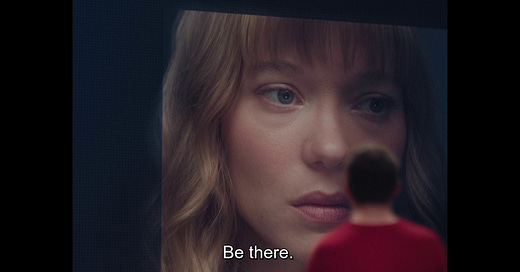


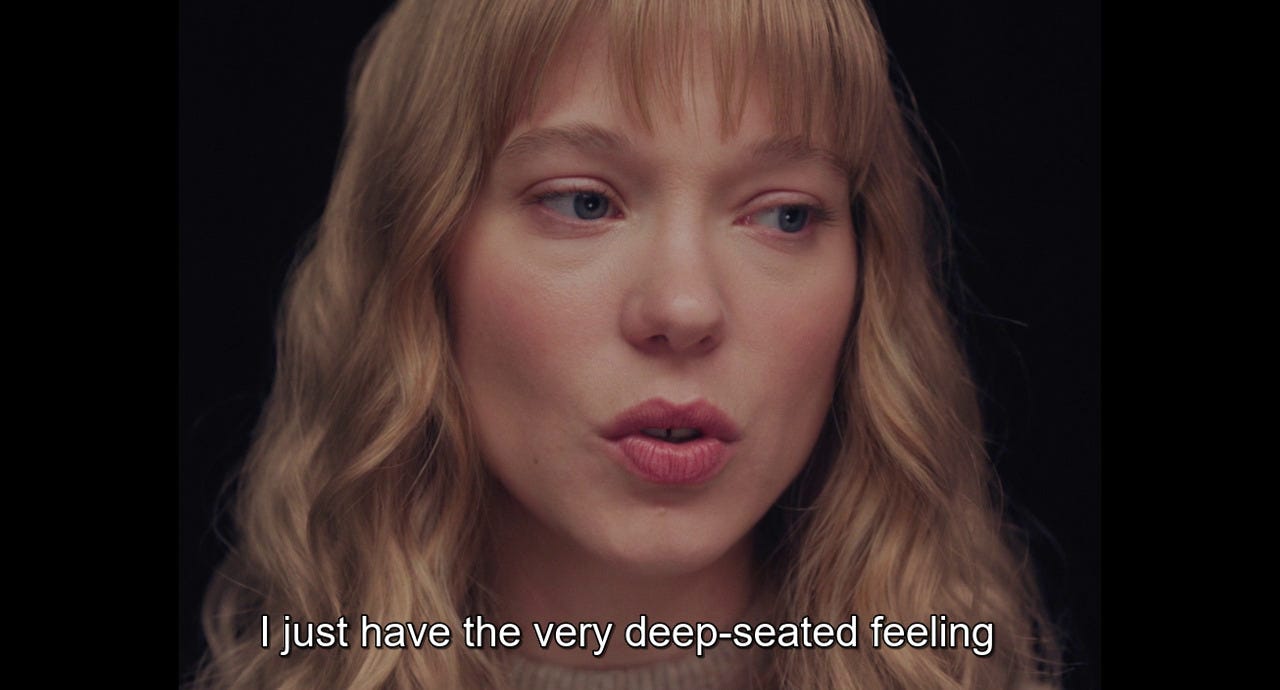
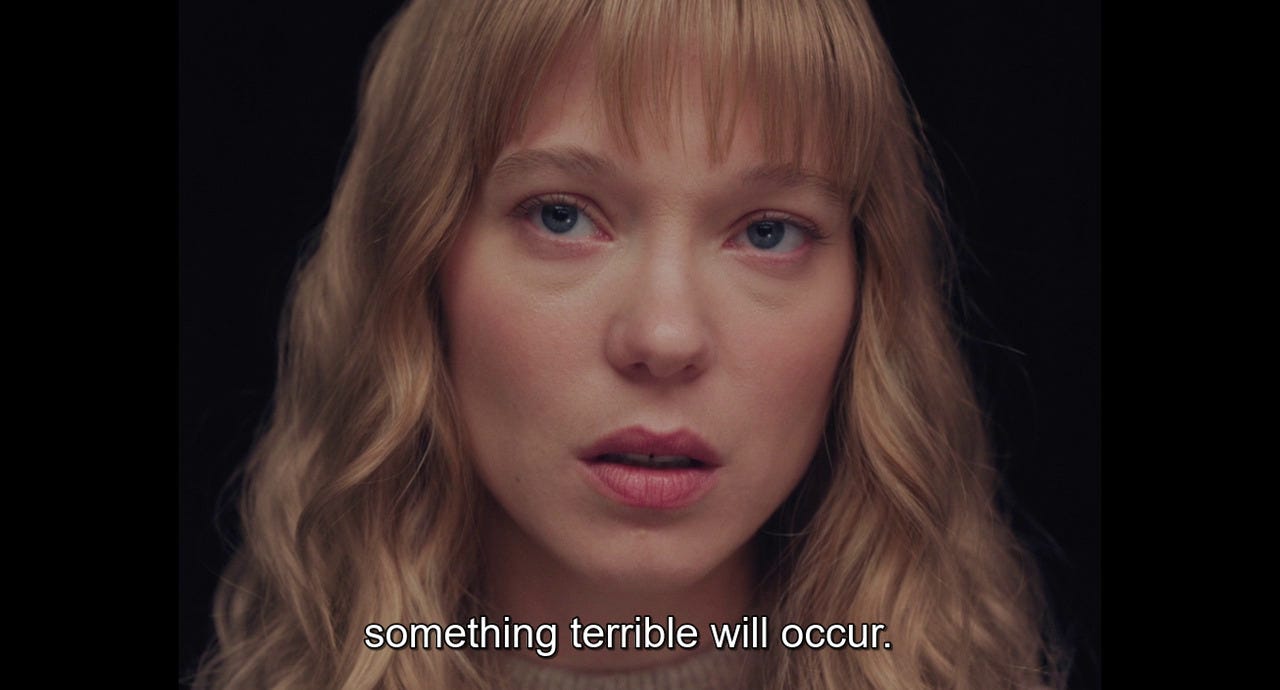
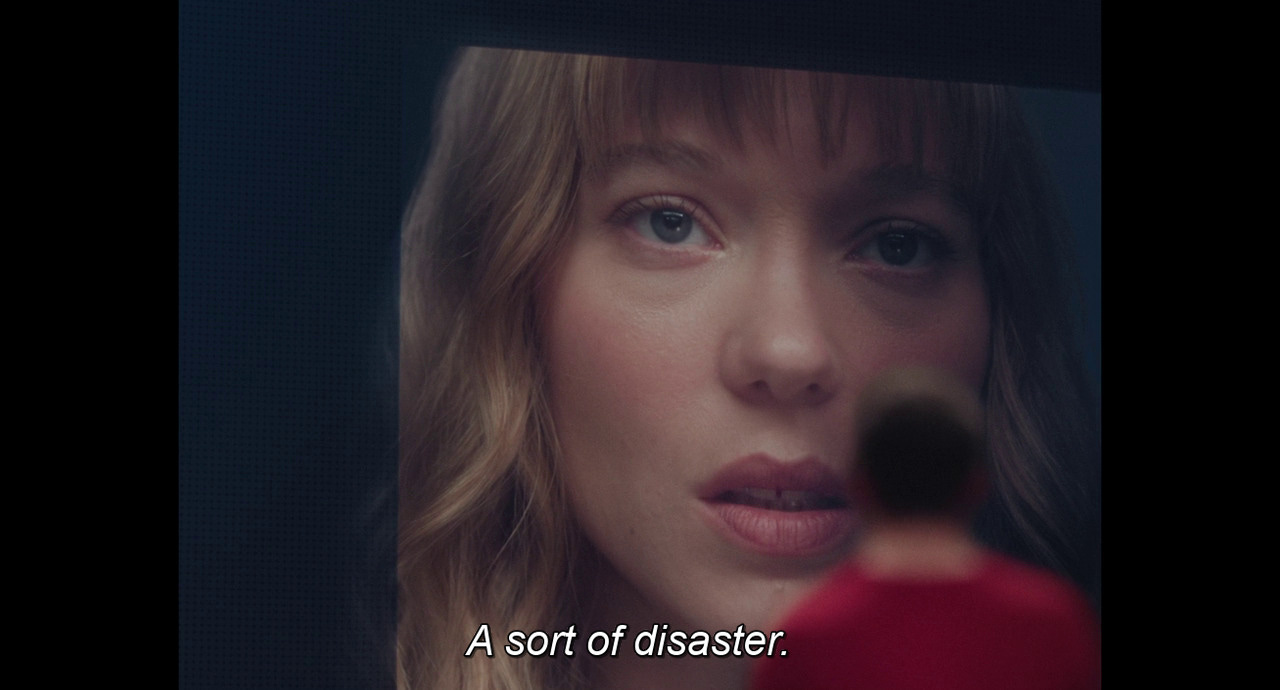
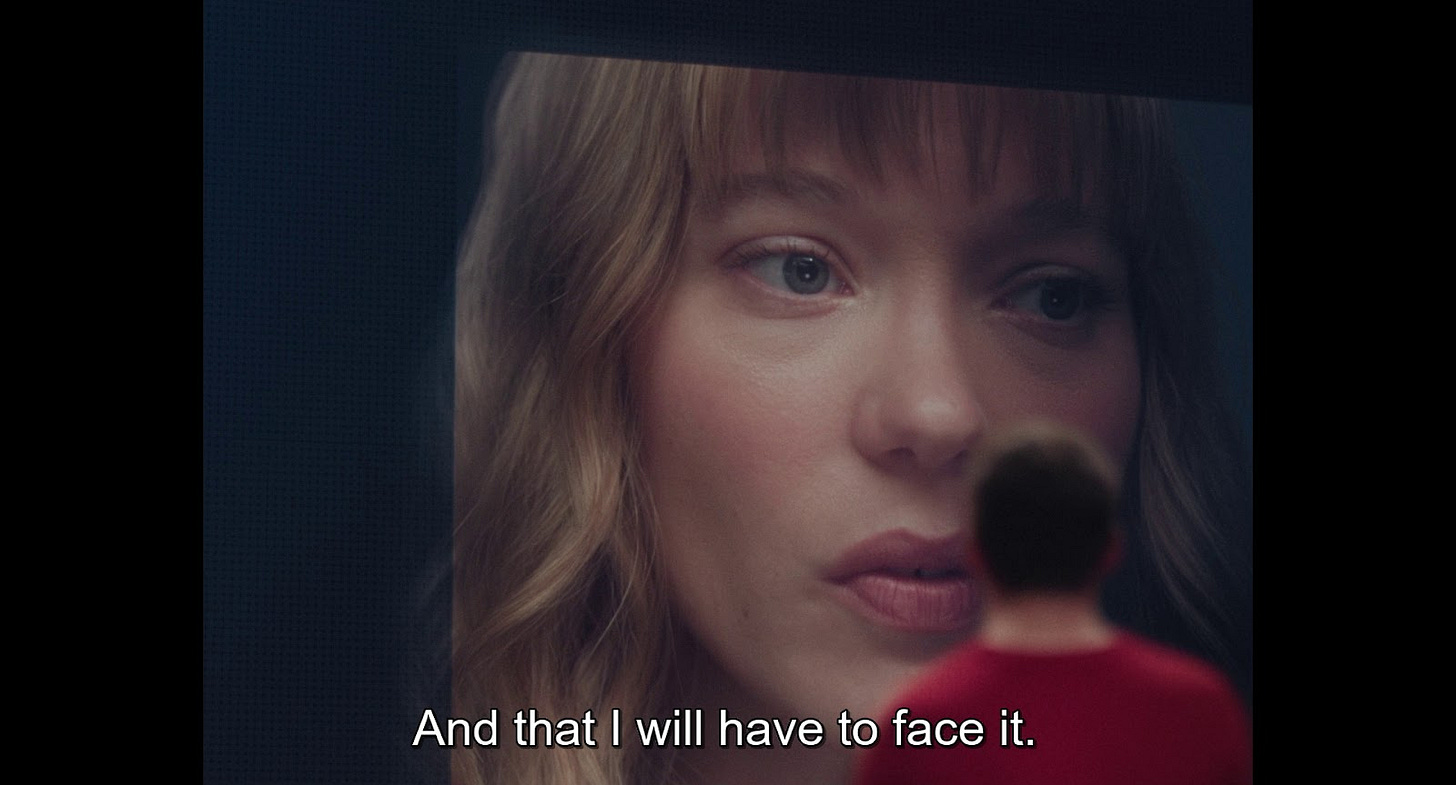


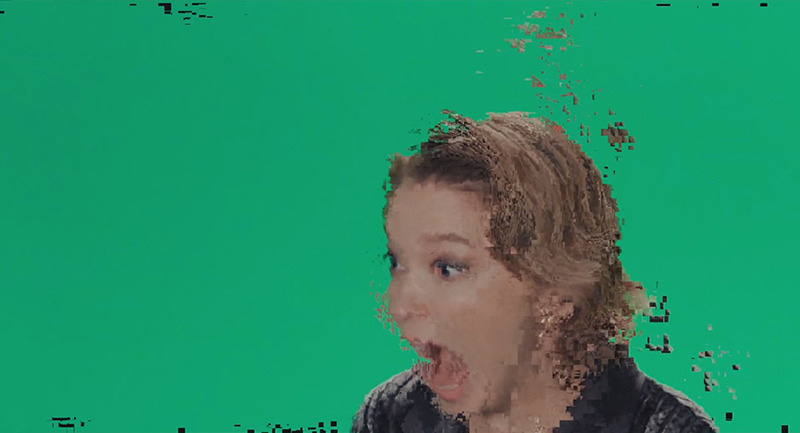
So honoured to be featured <3